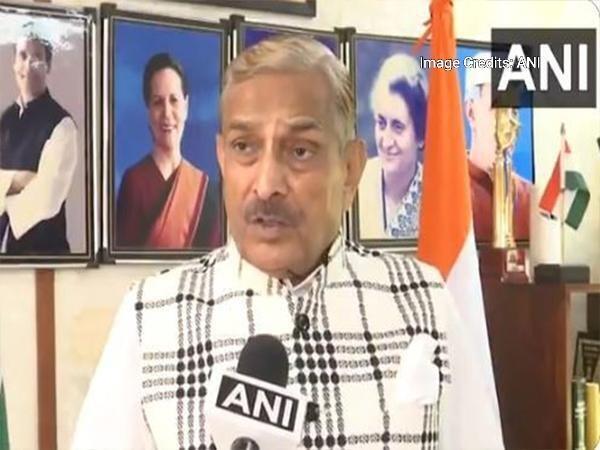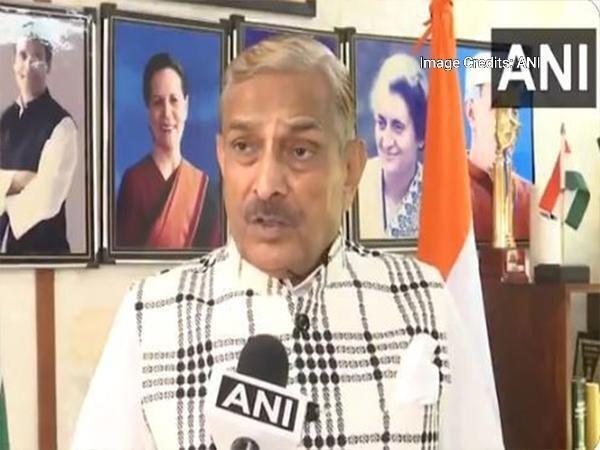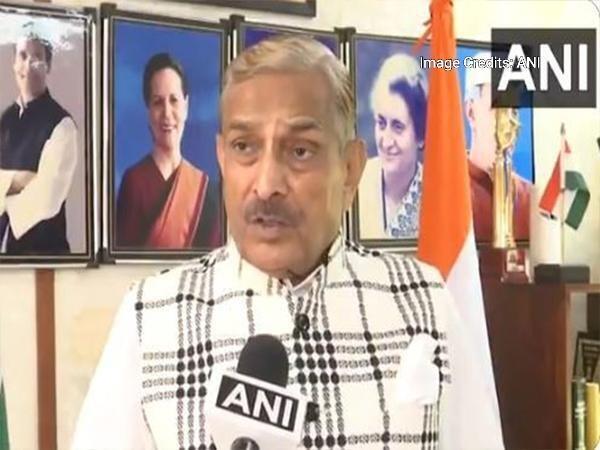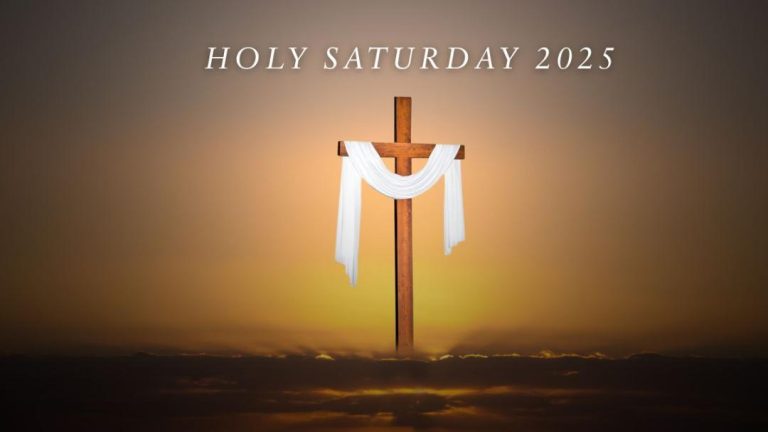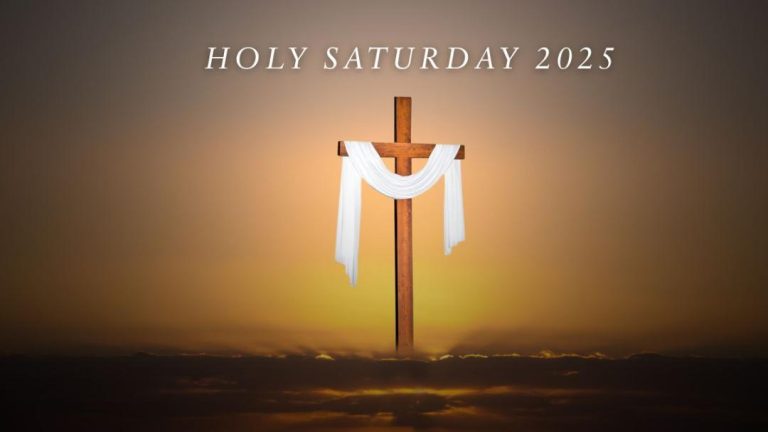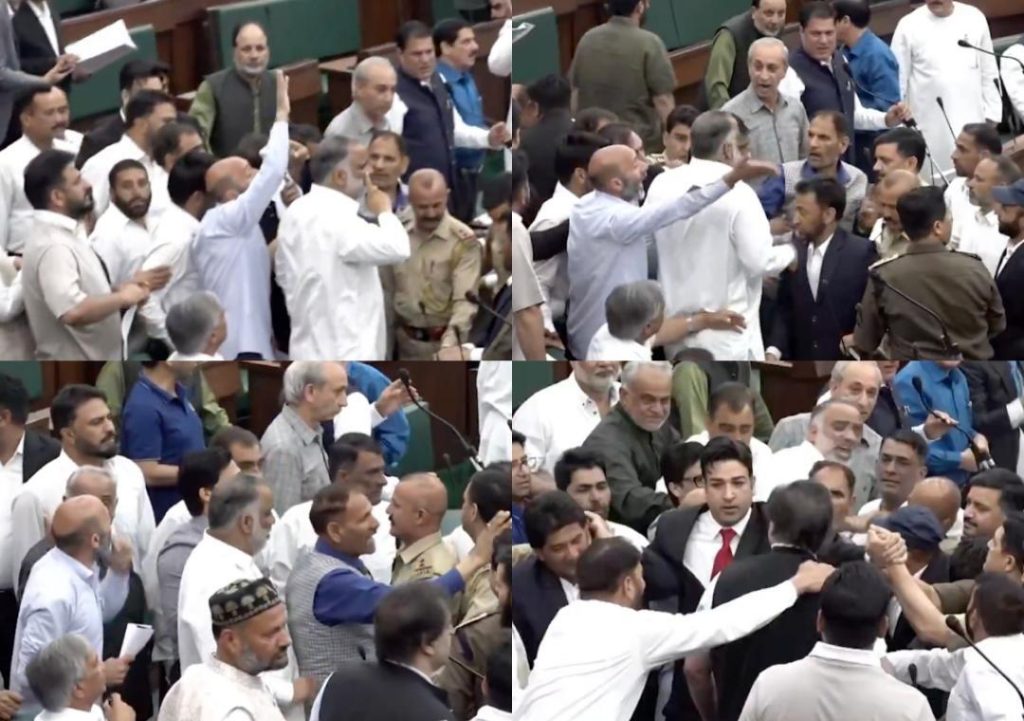
Ruckus inside J&K Assembly continues for second day over Waqf Act
The Jammu and Kashmir Assembly continued to witness ruckus for the second consecutive day as opposition parties demanded a discussion on the Waqf Act, leading to the adjournment of the House for 30 minutes. The controversy surrounding the Waqf Act has been brewing for some time now, and it appears that it is not going to die down anytime soon.
On Monday, the Assembly was adjourned after Speaker Abdul Rahim Rather denied a motion moved by National Conference MLAs to adjourn Question Hour to discuss the Waqf Act. The opposition parties, including the National Conference, the Peoples Democratic Party (PDP), and the Congress, have been demanding a discussion on the Act, which they claim is detrimental to the interests of the people of Jammu and Kashmir.
The Waqf Act, which was passed in 2013, aims to regulate and manage the Waqf properties in the state. However, the opposition parties have been accusing the government of not taking the concerns of the people into account while drafting the Act. They claim that the Act is biased in favor of the majority community and will lead to the erosion of the rights of the minority communities.
On Tuesday, the opposition parties continued to demand a discussion on the Waqf Act, leading to a heated debate in the Assembly. The National Conference MLAs, led by their leader Omar Abdullah, moved a fresh motion to adjourn the House to discuss the Act. However, the Speaker denied the motion, leading to the opposition parties protesting in the well of the House.
The Congress MLAs, led by their leader Ghulam Nabi Azad, also joined the protest, demanding that the government should take the concerns of the people seriously and hold a discussion on the Waqf Act. The PDP MLAs, led by their leader Mehbooba Mufti, also supported the demand for a discussion on the Act.
The government, however, remained firm in its stance, saying that the Waqf Act is in the best interests of the people of Jammu and Kashmir. The government claimed that the Act is designed to protect the Waqf properties and ensure their proper management.
The controversy surrounding the Waqf Act has taken a political hue, with the opposition parties accusing the government of not being transparent in its dealings. The opposition parties have demanded that the government should place the Act in the public domain and engage with the people before implementing it.
The government, however, has maintained that it has followed all the necessary procedures while drafting the Act. The government has also claimed that the Act is in line with the guidelines laid down by the Central Waqf Council and the Waqf Act of 1995.
The controversy surrounding the Waqf Act has also taken a communal hue, with the opposition parties accusing the government of trying to appease the majority community. The opposition parties have claimed that the Act is designed to favour the majority community and will lead to the erosion of the rights of the minority communities.
The government, however, has denied these allegations, saying that the Act is designed to protect the rights of all communities. The government has also claimed that the Act is in line with the principles of equality and non-discrimination enshrined in the Constitution.
The controversy surrounding the Waqf Act has also led to tension between the government and the opposition parties. The opposition parties have accused the government of not being willing to listen to the concerns of the people and have threatened to boycott the proceedings of the Assembly.
The government, however, has maintained that it is willing to engage with the opposition parties and listen to their concerns. The government has also claimed that it is committed to protecting the rights of all communities and will not do anything to harm the interests of any community.
In conclusion, the controversy surrounding the Waqf Act in Jammu and Kashmir is a complex issue that has taken a political and communal hue. While the government has claimed that the Act is in the best interests of the people, the opposition parties have accused it of being biased and communal. The issue is likely to continue to simmer for some time, with the government and the opposition parties engaging in a fierce battle of wits.
